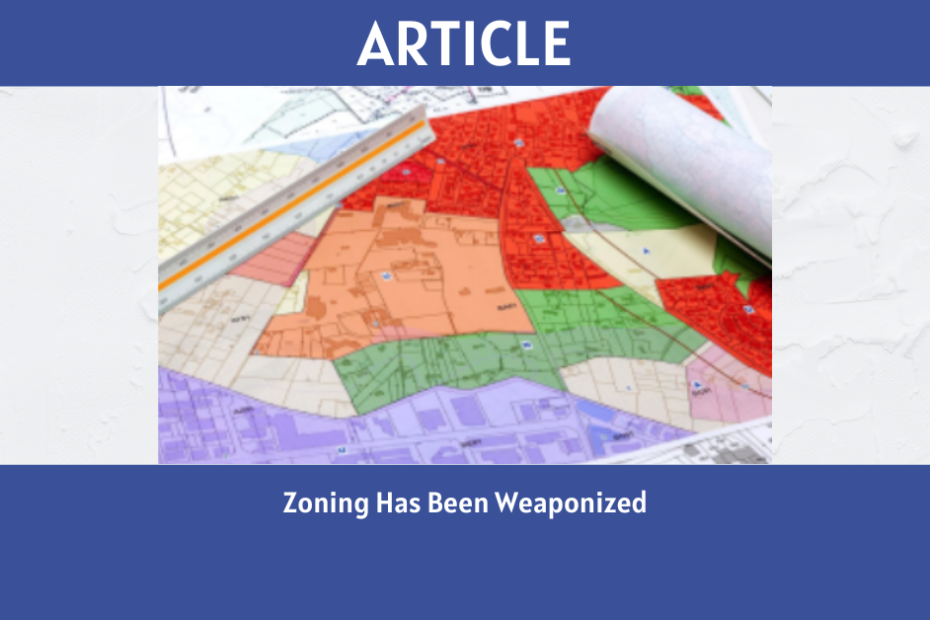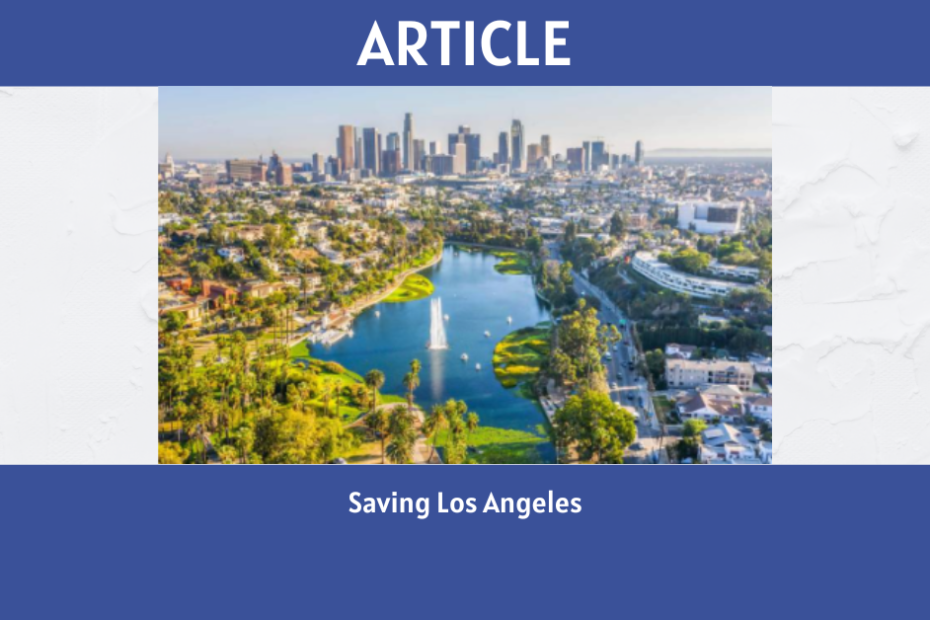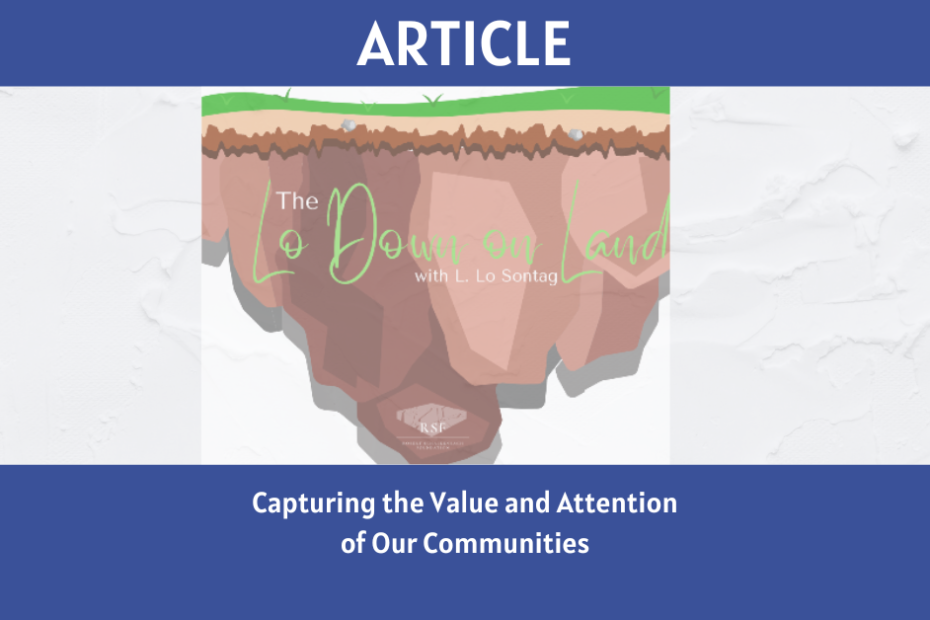A letter from the Executive Director
Fall is here once again. This change of seasons typically evokes thoughts of colorful leaves; nights by the fire, hot cocoa in hand; and the impending holiday season. This fall, however, larger, more distressing trends are overshadowing these fanciful notions in many people’s minds.
Inflation has us paying more – much more – for everything from the food we feed our families, to the gas we put in our cars, to the insurance policies we purchase to safeguard our assets. And when it comes to our homes (often cited as most Americans’ largest asset) more and more buyers find themselves priced out of a housing market that is increasingly dominated by corporate investors with all cash offers, looking to turn a dual profit as landlords and owners of physical assets that can be borrowed against with ease.



